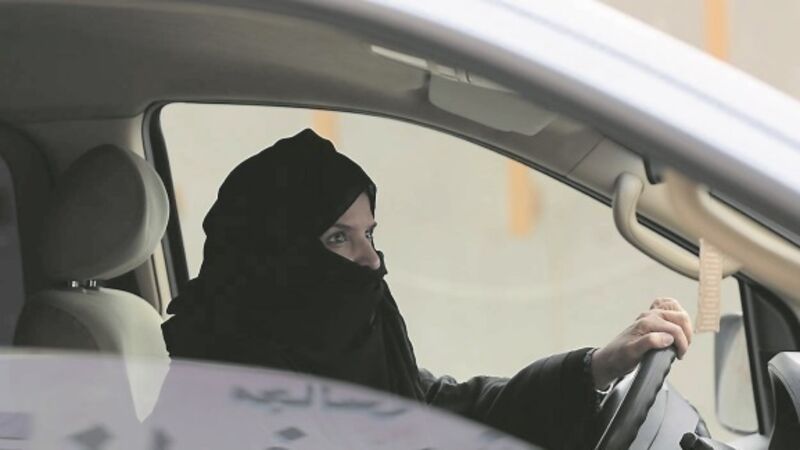Will old ‘joke’ about women drivers ever go away?

The news that Saudi Arabia will finally allow women to drive was greeted with jubilation, cynicism about that ultraconservative kingdom’s reason for reform, and something else —
sarcasm and a new take on a very old joke; the idea that there was something funny or dangerous about women in burqas taking the wheel.
















